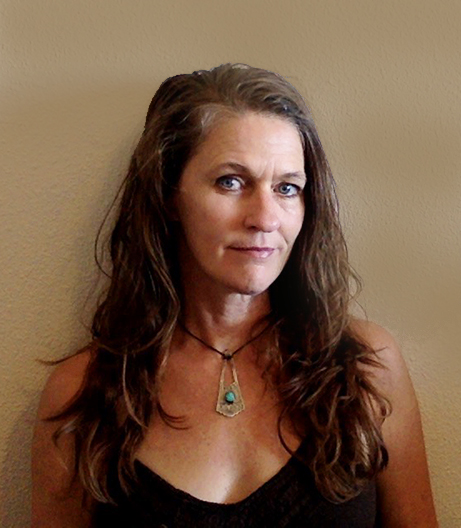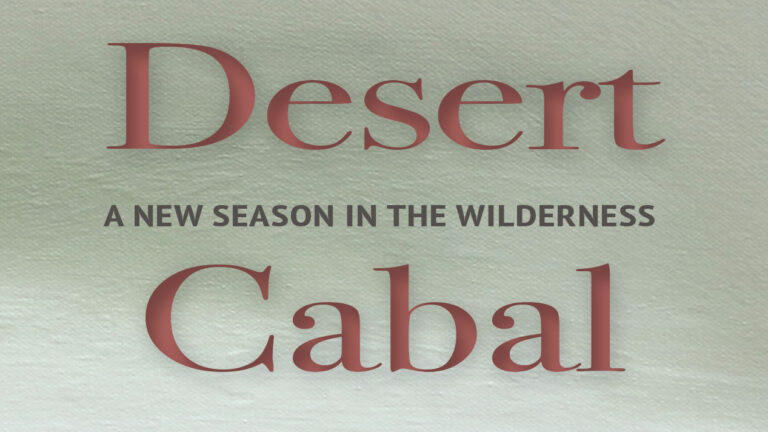Culture Shock: Running With The Pack
Writer Amy Irvine Honors, Challenges And Rethinks Desert Solitaire


Amy Irvine brings forward-looking wisdom to a re-examination of a classic
Courtesy of Amy Irvine

Amy Irvine








